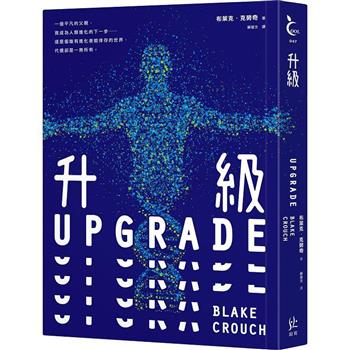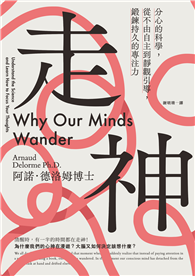This work is the complete publication of the thesis for a degree in Brazilian History, presented to the Centre for Philosophy and Human Sciences at UFPE in 2015. It deals with the ideological formation (cultural influences) of the first leading nucleus of the PCB in the period 1922-1929. It discusses the theory of the Brazilian revolution, the PCB’s policy of alliances and the outcome of the trajectory of this nucleus in 1929. Its main hypothesis is that the thinking of this first generation was influenced by the national-popular culture that emerged in the struggles for the abolition of slavery and republicanism in Brazil.
| FindBook |
有 1 項符合
The formation of the PCB’s first leadership group的圖書 |
 |
The formation of the PCB’s first leadership group 作者:Zaidan 出版社:Our Knowledge Publishing 出版日期:2024-09-30 語言:英文 規格:平裝 / 116頁 / 22.86 x 15.24 x 0.71 cm / 普通級/ 初版 |
| 圖書館借閱 |
| 國家圖書館 | 全國圖書書目資訊網 | 國立公共資訊圖書館 | 電子書服務平台 | MetaCat 跨館整合查詢 |
| 臺北市立圖書館 | 新北市立圖書館 | 基隆市公共圖書館 | 桃園市立圖書館 | 新竹縣公共圖書館 |
| 苗栗縣立圖書館 | 臺中市立圖書館 | 彰化縣公共圖書館 | 南投縣文化局 | 雲林縣公共圖書館 |
| 嘉義縣圖書館 | 臺南市立圖書館 | 高雄市立圖書館 | 屏東縣公共圖書館 | 宜蘭縣公共圖書館 |
| 花蓮縣文化局 | 臺東縣文化處 |
|
|
圖書介紹 - 資料來源:博客來 評分:
圖書名稱:The formation of the PCB’s first leadership group
|











